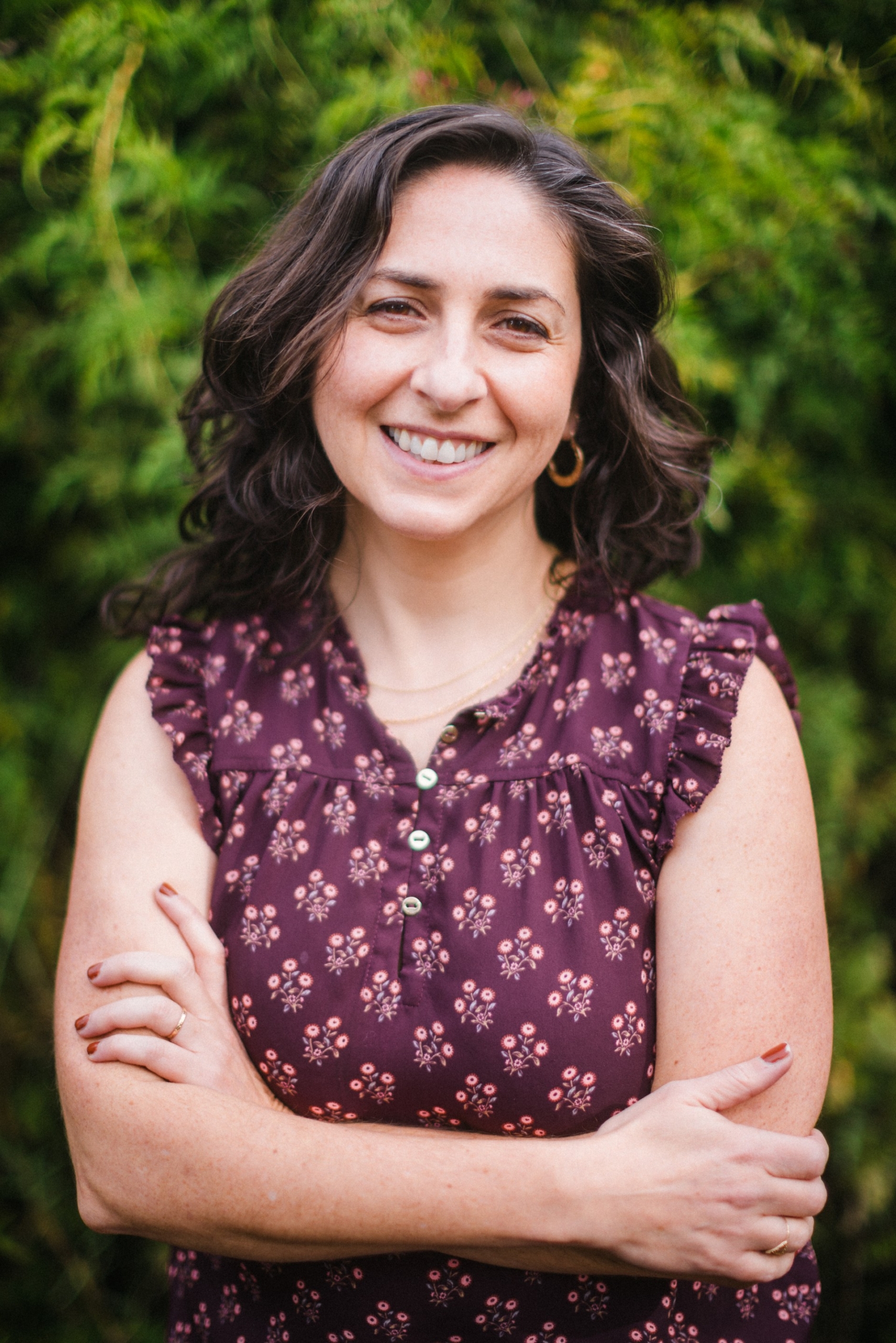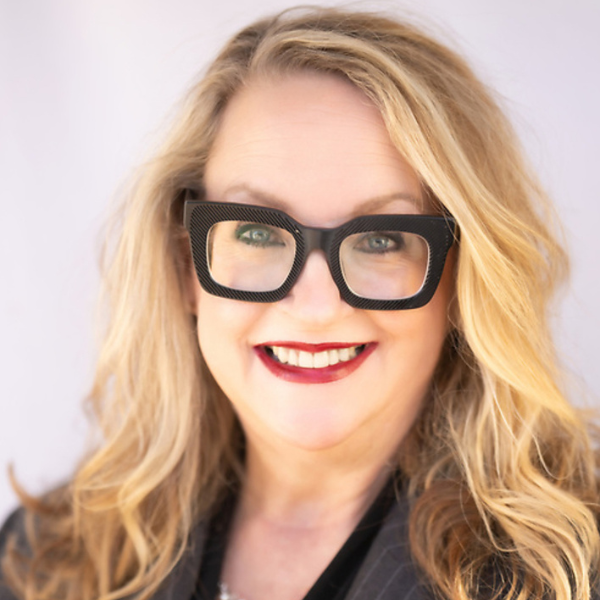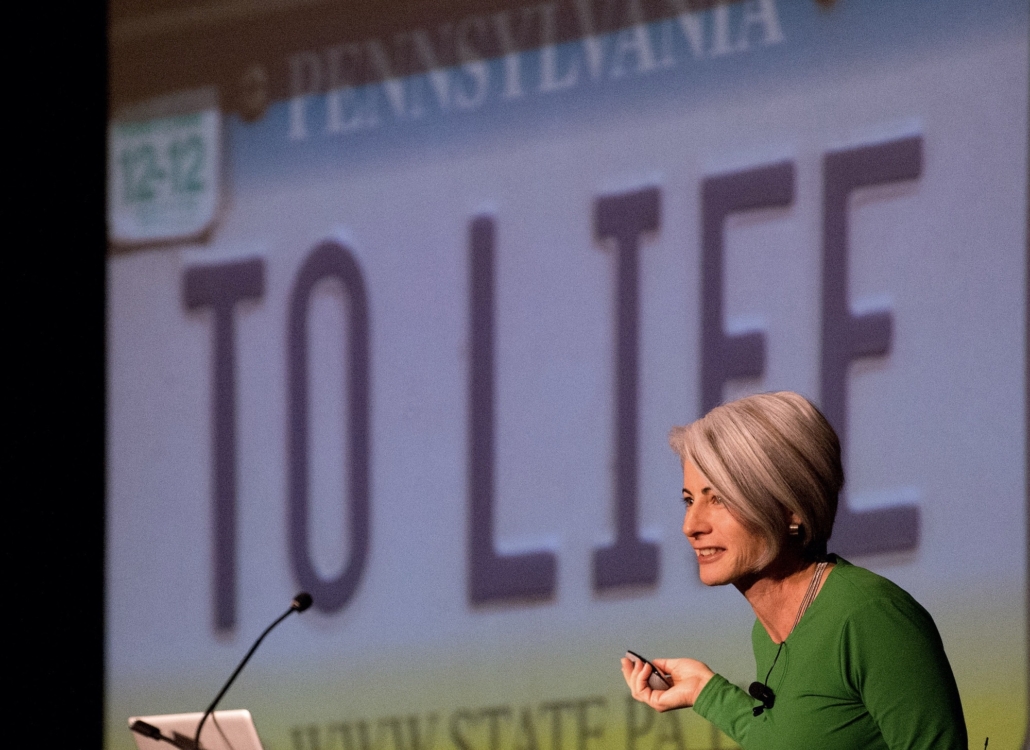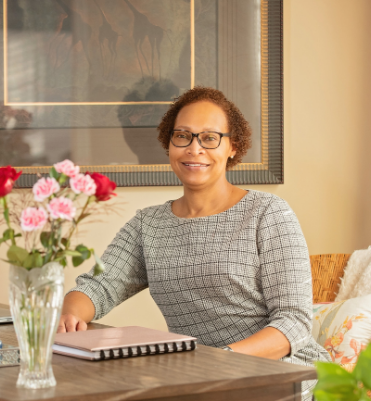Tips for Parenting with Cancer
In November 2018, I was diagnosed with Stage IIIc colon cancer. I was 37 years old and I just returned to work from my parental leave. When I heard those dreaded words “you have cancer” my first thoughts were of my small children. At the time of my diagnosis, I had a 6 month old baby and a 3 year old. I was terrified. How would we weather this storm? How would I care for my baby through surgery and chemo? How would I help my curious and observant 3 year old understand everything that was going on? On top of all of those questions, I often felt like the youngest person at the infusion center and the ONLY person navigating cancer, preschool drop-offs and middle of the night wake-ups.
Juggling two small kids is hard work on a good day; when you add a cancer diagnosis and treatment to the mix, an already full plate can simply overflow. Here are some tips to help you if you are doing the seemingly impossible work of parenting with cancer.
Talk to your kids.
I was nervous to talk to my curious three-year old about my cancer. I knew that she was picking up on hushed tones, tears, and changes to our family’s routine. It was scary to start the conversation but I knew that she needed to have an age-appropriate understanding of what was happening in order to best cope. Kids are magical thinkers and left to their own devices may create a story about what is happening that is even scarier than what is actually happening.
When you talk to your kids remember to be honest, clear, and to use age-appropriate language. If you are having a hard time getting started, read a book about cancer together. Sometimes reading together can take the edge off just enough to start a larger conversation.
It’s o.k. to not know all the answers.
You’ll have more than one conversation with your child about cancer and that is o.k. Let them know that they can come back to talk with you at anytime. If they ask you something that you don’t know, let them know that you’ll try to find the answer. (And then you actually have to try to find it!) You’ll be building trust with them.
Maintain your child’s routine.
Ok, so this can be hard when you are balancing never-ending doctor’s appointments but the more you can keep your child’s routine the same as it was before cancer, it will help to reduce their stress and the big emotions that can come alongside a parent’s cancer. If you can’t maintain a routine, make sure that you talk to them about it. Or, I’m a big fan of visual calendars (you can always make your own or there are plenty to purchase on-line) to help kids know what’s going on day-to-day.
Parent from the couch (or bed!).
You may be too tired to go to the park, so invite your child to meet you where you are at. From a couch or the bed, you can still color, complete a simple puzzle, read, or play I Spy. If they want to play, but you are too tired, just stay on the couch and WATCH your child play on the floor. You won’t believe how excited they will be to tell you all about the games they are playing. I really like the book Horizontal Parenting: How to Entertain Your Kid While Lying Down by Michelle Woo. It’s not written for a parent with cancer but it is perfect for those of us horizontal parenting on the regular.
Ask for help.
It can be hard to ask for help, especially when you are in the thick of treatment and doctor’s appointments… when you might need it most. Make a list of things that will ACTUALLY be helpful to you and your family, so when someone says to you “let me know how I can help,” you’ll just say, “walking the dog on Wednesday afternoons would be so great!” Or, “if you could take out the trash for the next month, that would be really helpful.” I guarantee your friends will be so glad to help in the ways you most need.
Seek out community.
Being a parent with cancer can be lonely but know that you are not alone. Having the support of people in the same or a similar boat not only helps to cut some of the isolation you may be facing but they can also provide practical advice (i.e. How did you get your toddler to stop bumping into your port? My child is having BIG feelings… how did you help them cope? How do you make dinner when nothing tastes good?”). Look into support groups at your hospital or check out virtual options.
Tell your child(ren) you love them. They already know it but telling them again will feel good to you and to them!

Haley Pollack is the Executive Director and co-founder of Bright Spot Network, an organization dedicated to supporting young parents and guardians with cancer as they raise small children. Haley is a cancer survivor, diagnosed with Stage IIIc colon cancer at 37, with a 6 month old baby and toddler at home. Experiencing the resource gap for young families navigating a cancer diagnosis herself, Bright Spot Network was born. Haley lives in Oakland, CA with her two kids, husband, and dog.









